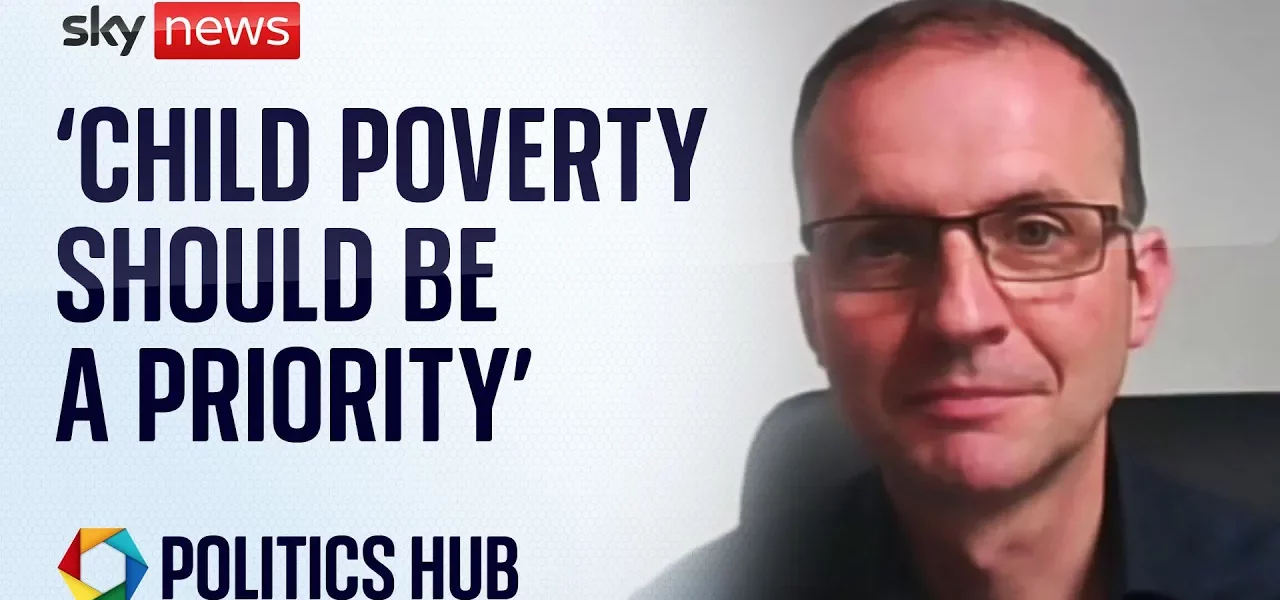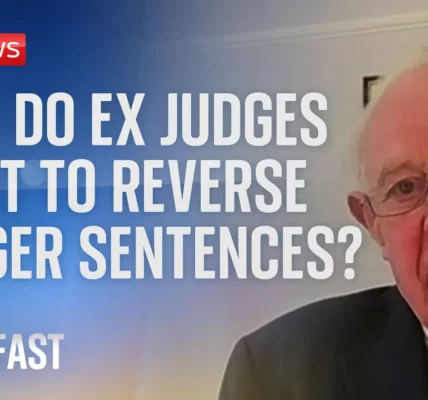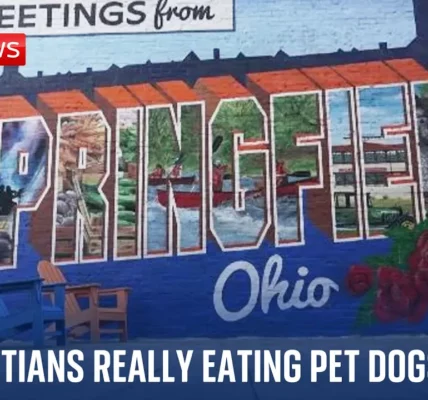Debating the Two-Child Cap on Benefits in the UK

The debate over the two-child cap on benefits is intensifying in the UK, particularly with pressures mounting on Prime Minister K. Dama from within his own party and other political entities. This article delves into the implications of this policy on child poverty, the fiscal responsibility of the government, and the ongoing discussions surrounding welfare reform.
Introduction
The two-child cap on benefits, which limits the amount of financial support families can receive based on the number of children they have, has been a contentious issue in UK politics. Introduced in 2017, this policy aims to encourage families to limit their number of children, but it has come under fire for exacerbating child poverty. As the Scottish National Party (SNP) and other political factions push for its repeal, the discussions surrounding its impact and the government’s fiscal strategies are becoming increasingly urgent.
The Political Climate Surrounding the Two-Child Cap
As the SNP intensifies its campaign against the two-child cap, political pressure is mounting on the UK government to reconsider its stance. The SNP’s Steven Gethin has been vocal about the detrimental effects of this cap on child poverty rates in Scotland.
Reasons for Scrapping the Two-Child Cap
Supporters of scrapping the two-child cap cite several key reasons:
- **Driving Child Poverty:** The policy is linked to increasing child poverty levels among families with three or more children.
- **Economic Responsibility:** Advocates argue that the UK government has a responsibility to alleviate poverty through more comprehensive social support systems.
- **Political Consensus:** The SNP seeks to collaborate with other political parties, including Scottish Labour, to build a broad coalition in favor of this change.
The Financial Implications of Repealing the Cap
One of the major concerns regarding the removal of the two-child cap is the estimated cost, which stands at approximately £1.7 billion per year. This figure presents a significant challenge to the UK government, especially in the context of a constrained budget.
Funding Strategies Proposed by the SNP
In response to concerns about funding, Gethin outlined several potential strategies that could be employed:
- **Increased Borrowing:** The government could consider borrowing more to cover the costs of social programs aimed at reducing child poverty.
- **Progressive Taxation:** Implementing a more progressive taxation system in Scotland, where higher earners contribute a fairer share, may provide the necessary funds.
- **Learning from Scottish Models:** Gethin emphasized the importance of sharing best practices from the Scottish government’s approach to welfare and child poverty reduction.
Responses from Other Political Figures
Responses from other political figures, including Labour MP Wes Streeting, highlight the complexities of the debate. Streeting suggested that the government needs time to address the financial implications of scrapping the cap.
Responses to the Cost of Living Crisis
Discussions also touch upon the broader cost of living crisis affecting many families in the UK. The need for immediate action is underscored by the rising costs of essentials:
- **Housing Costs:** Many families are struggling to afford adequate housing.
- **Food Insecurity:** A significant number of children are at risk of going hungry.
- **Winter Preparedness:** The upcoming winter months pose additional challenges for low-income families.
Conclusion
The debate over the two-child cap on benefits is emblematic of larger issues surrounding child poverty and welfare reform in the UK. As political pressures mount, particularly from the SNP, it is crucial for the government to prioritize child welfare in its policy decisions. The proposed measures for funding the removal of the cap could serve as a critical step toward alleviating child poverty. As voters express their concerns, it is essential for all parties to engage in meaningful dialogue and action. If you want to stay informed about developments in this crucial area of UK politics, consider following our updates and exploring related articles on welfare reform and child poverty initiatives.
“`




